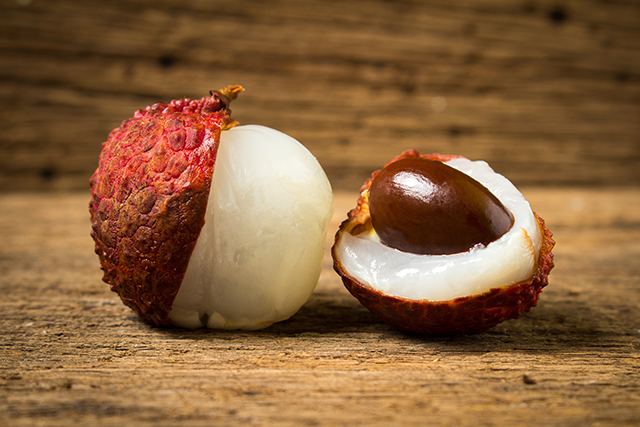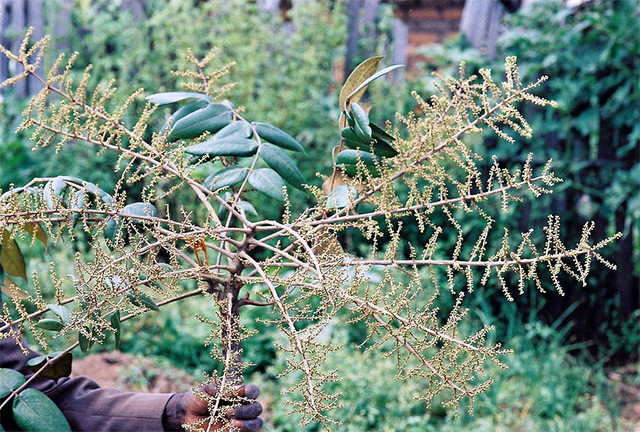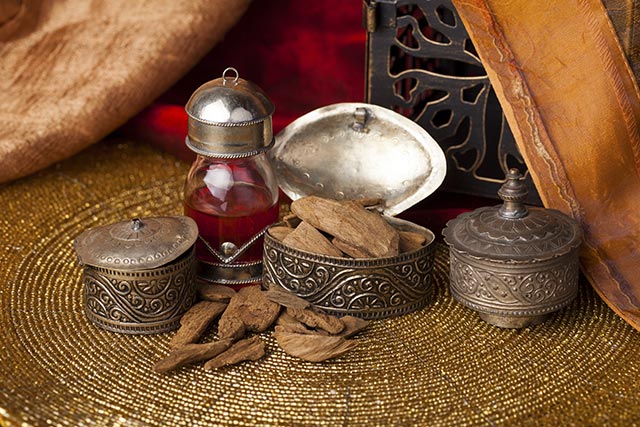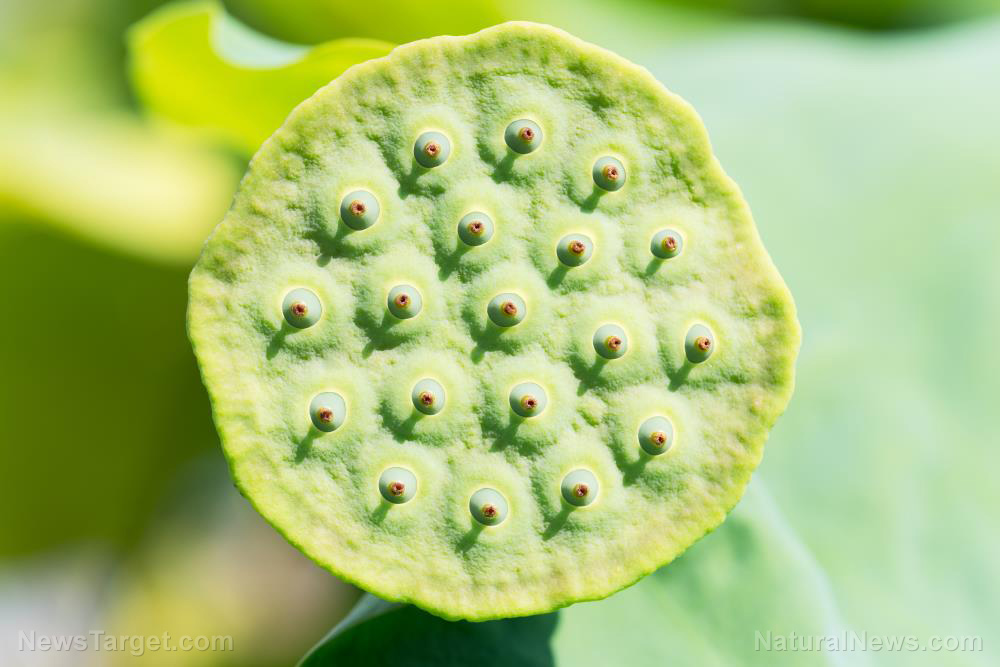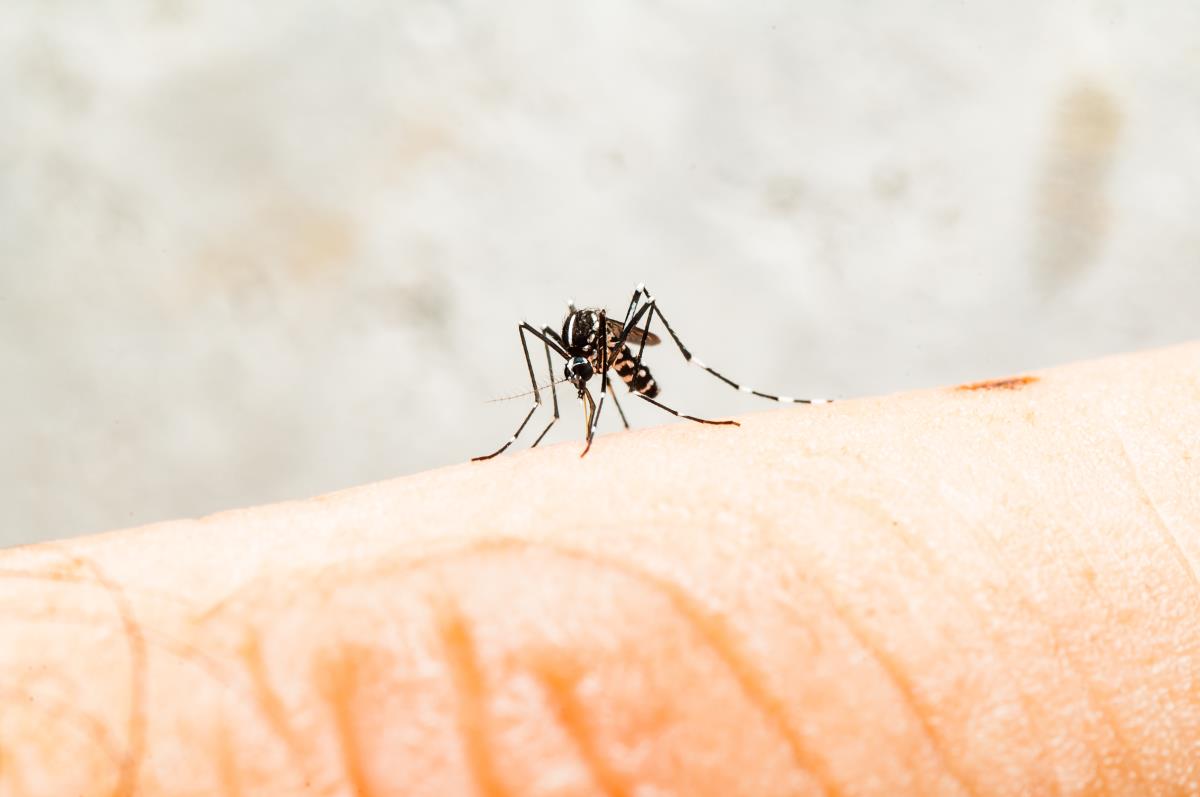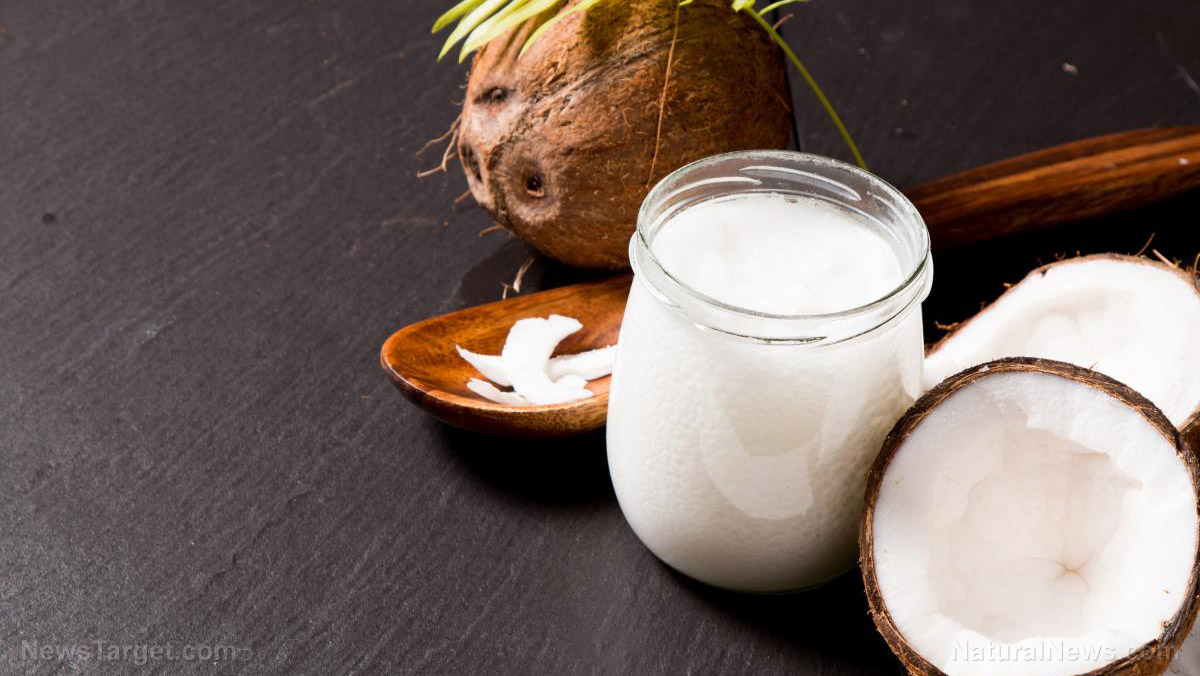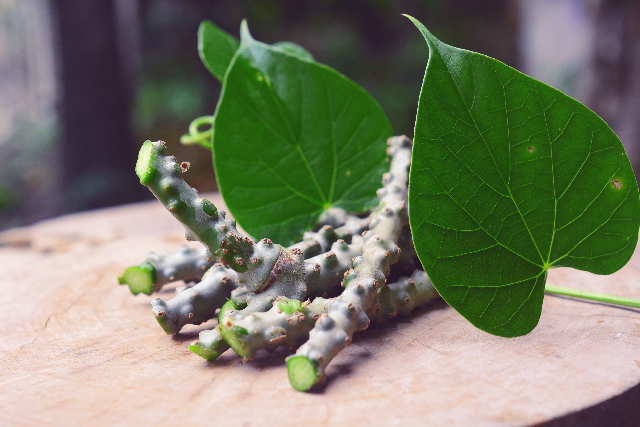Beautiful AND powerful, the orchid tree has strong hepatoprotective properties
11/05/2018 / By Ralph Flores

The liver has a lot going on in a day, but one of the most important things it does is to clear toxins from the body. This makes it prone to many diseases, including liver toxicity, after repeated exposure to toxins such as medication and excessive amounts of alcohol. A study published in the journal BMC Complementary and Alternative Medicine proffers a natural way of protecting the liver with the orchid tree (Bauhinia purpurea), a plant native to southern China and Southeast Asia. In their report, researchers from Malaysia looked at the ability of the orchid tree to protect the liver using in vitro and in vivo tests.
For the most part, the liver can handle filtering out toxins from the things people eat — flushing it afterward either as urine or bile. However, exposure to certain substances can result in an adverse reaction in the liver — a condition known as toxic hepatitis. The rates of incidence vary with this condition: Some cases develop just hours after exposure before symptoms start to show, while others take weeks or even months. For the most part, symptoms of toxic hepatitis disappear after an exposure to a toxin or chemical stops, but this can still result in permanent damage to the liver. This can range from permanent scarring of liver tissue (cirrhosis) to even liver failure, which can potentially be fatal.
Some risk factors for toxic hepatitis include:
- Alcohol — Heavy drinkers are prone to toxic hepatitis, as well as liver inflammation, because of excessive alcohol.
- Over-the-counter (OTC) pain relievers — People who regularly take OTCs to manage pain, as well as those who take it with alcohol, are at risk of damaging their liver.
- Prescription medications — Certain medications — in particular, those that treat high cholesterol, combination drugs, antivirals, and anabolic steroids — are linked to serious liver injury.
- Herbs and supplements — Herbs such as kava, chaparral, and comfrey are considered dangerous to the liver if taken improperly.
- Industrial chemicals — Individuals who are regularly exposed to chemicals as part of their job are at serious risk of liver damage.
There are drugs that are prescribed to counteract the effects of toxic hepatitis, but these aren’t without their own set of risks, according to researchers. This prompted them to look for natural and plant-based alternatives to protect the liver. They focused on the orchid tree, a plant widely cultivated in Southeast Asia, but one that researchers considered underutilized. In India, the plant is considered to have medical value and is used to treat ulcers, gastric tumors, diarrhea, and even glandular swelling.
For the study, the team obtained a methanol extract from dried orchid tree leaves. The extract was then further processed to get petroleum ether, ethyl acetate, and aqueous partitions. The partitions were subjected to multiple in vitro assays to determine the antioxidant and anti-inflammatory properties, as well as phytochemical screening to determine physicochemical components. For the animal model, the team grouped the rats for the experiments. Some received a partition from the plant extract, while others were treated with silymarin, the active ingredient in milk thistle and a known hepatoprotective agent. After a week of treatment, the rats were given paracetamol to induce liver injury. The animals were sacrificed afterward and researchers collected blood and liver tissue samples for further examination.
While researchers found a synergistic effect between all the active ingredients in the orchid tree extract, the ethyl acetate fraction had the most notable antioxidant and hepatoprotective properties. In addition, the team also found that all partitions of the orchid tree extract exhibited low anti-inflammatory activity. A physicochemical analysis also revealed the presence of flavonoids, tannins, and saponins in the partitions.
“These results support the medicinal value of B. purpurea in general and may suggest the therapeutic potential of [ethyl acetate], in particular, for the treatment of inflammatory disease, including liver injury,” the researchers concluded in their report.
Find more herbs that protect the liver at Herbs.news.
Sources include:
Tagged Under: anti-inflammatory, antioxidants, Bauhinia purpurea, Hepatoprotection, herbal medicine, liver health, liver toxicity, natural cures, natural health, natural medicine, natural remedies





